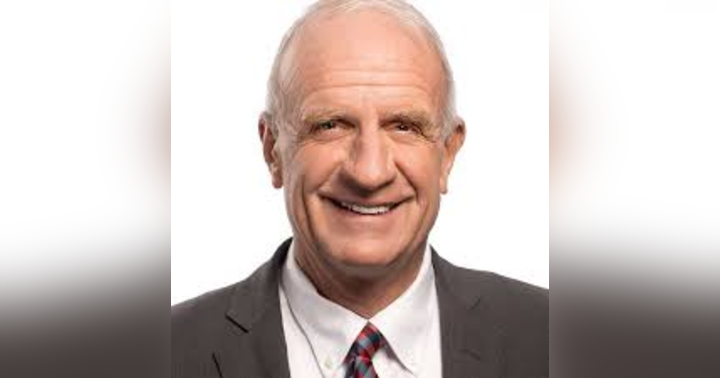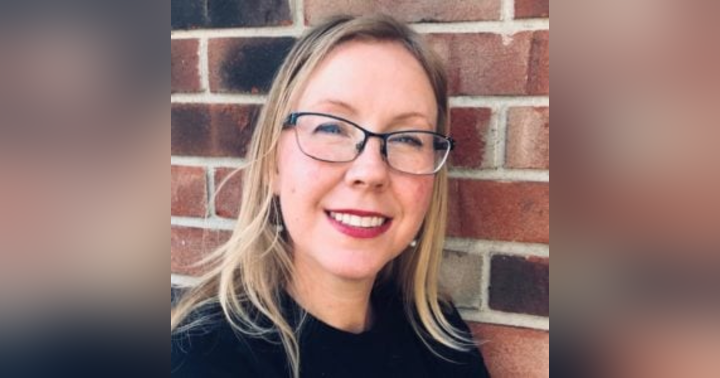Building Authentic Belonging

Blog Post: Building Authentic Belonging
When it comes to building real community and fostering genuine belonging, there’s a world of difference between transactional help and true connection. The latest episode of the “To Be and Do” podcast, hosted by Philip Amerson with special guest Jonathan Massimi, dives deep into these distinctions, illuminating how our approach to others—especially the “stranger”—can shape or misshape authentic relationships.
With humor, candor, and stories that stick, this episode explores the ways we’re taught to keep our distance, the pitfalls of “fixer” mindsets, and how reciprocal relationships can transform communities. Here are three powerful takeaways:
1. Reframing the Stranger: From Fear to Curiosity
Jonathan Massimi shares a powerful reflection on how, from a young age, we’re taught to fear “the stranger.” Through personal stories, he recalls the “stranger danger” curriculum in Canada, which wires kids to be wary of the unknown. However, Jonathan points to the wisdom within the Christian tradition, reminding us that the stranger might be the one who brings revelation, abundance, or even the presence of God.
This fundamental shift—from avoidance to curiosity—encourages us to approach others not as threats, but as potential friends and collaborators. Real community, he suggests, begins when we’re willing to gently and thoughtfully cross the invisible lines that keep us apart.
2. From Fixing to Mutuality: Power in Reciprocity
The hosts and guest share candid critiques of initiatives, often led by churches or institutions, that spring from a “fixer” mentality—coming in with solutions for people who haven’t asked, and measuring relationships by the resources distributed. This leads to one-sided, transactional relationships that, as Philip Amerson bluntly puts it, are “more than problematic… I would go as far as to say they’re unchristian.”
Jonathan counters this by describing how real belonging and healing happen, not through charity alone, but through shared experience and mutual giving. He illustrates this with his own story—moving past frustration with a regular visitor seeking help, and instead inviting real relationship: “Sometimes I don’t have money for coffee, and I know you have some. Why don’t you invite me for coffee?” This small shift opens up a space for genuine gift exchange.
3. Five Marks of Belonging: A Reciprocal Test
One of the gems of the episode is Jonathan’s “belonging APGAR”—a five-part test for cultivating true belonging:
You know the person’s name.
They know your name.
They have received your gift.
You have received theirs.
They have a recognized social standing—they’re missed when they’re absent.
These markers take us from “service projects” to relationships where everyone gives and receives. As the hosts note, handing out backpacks or free dinners, while helpful, falls short unless it fosters these kinds of reciprocal ties.
In Closing
The challenge offered in this episode goes far beyond program tweaks—it calls us to reexamine how we view the “other” and what it really means to belong. As host Phil shares from a memorable Sunday, the real sermon came not from the pulpit, but from a school principal, asking, “Who of you is going to get to know these children and their parents?” That’s the heart of belonging: showing up, getting personal, and letting the stranger become a friend.
Ready to foster deeper community? Listen to this episode and start practicing these lessons—one honest conversation (and maybe one cup of coffee) at a time.







